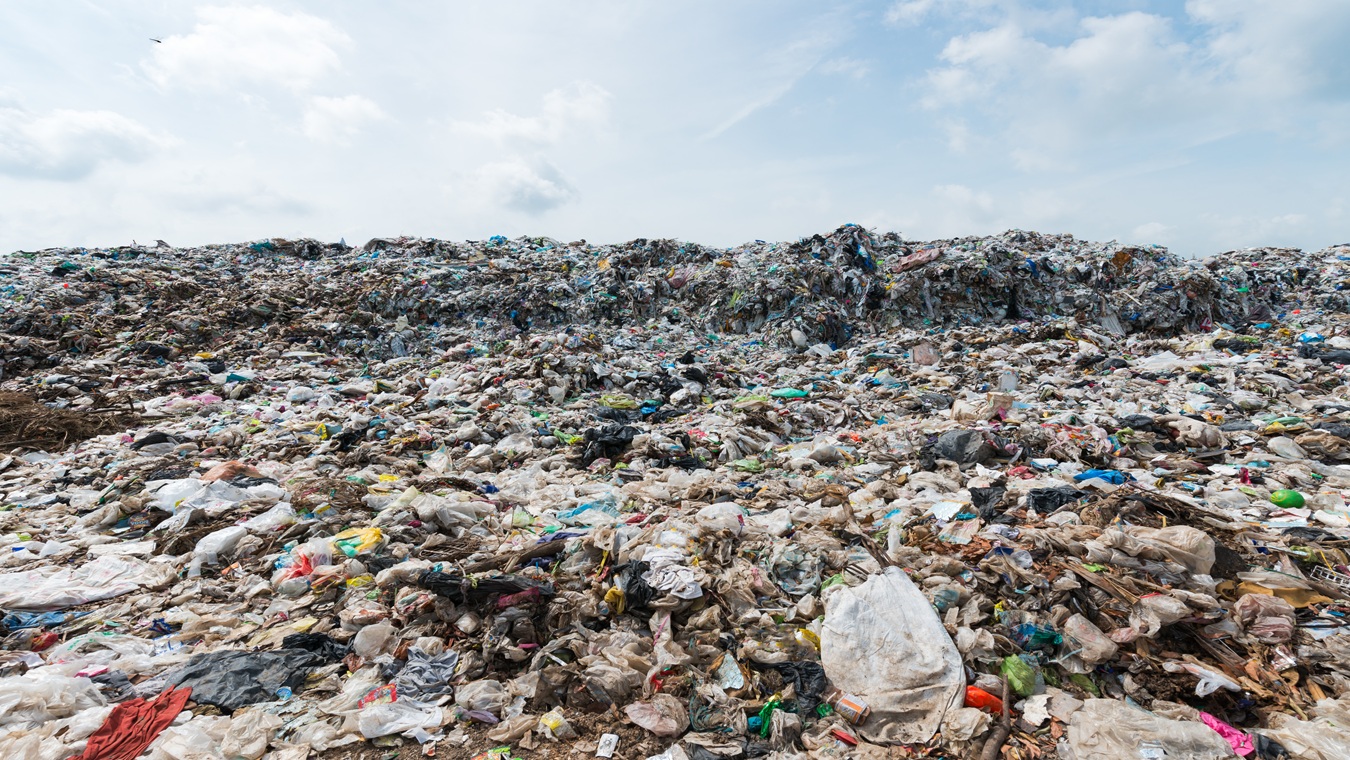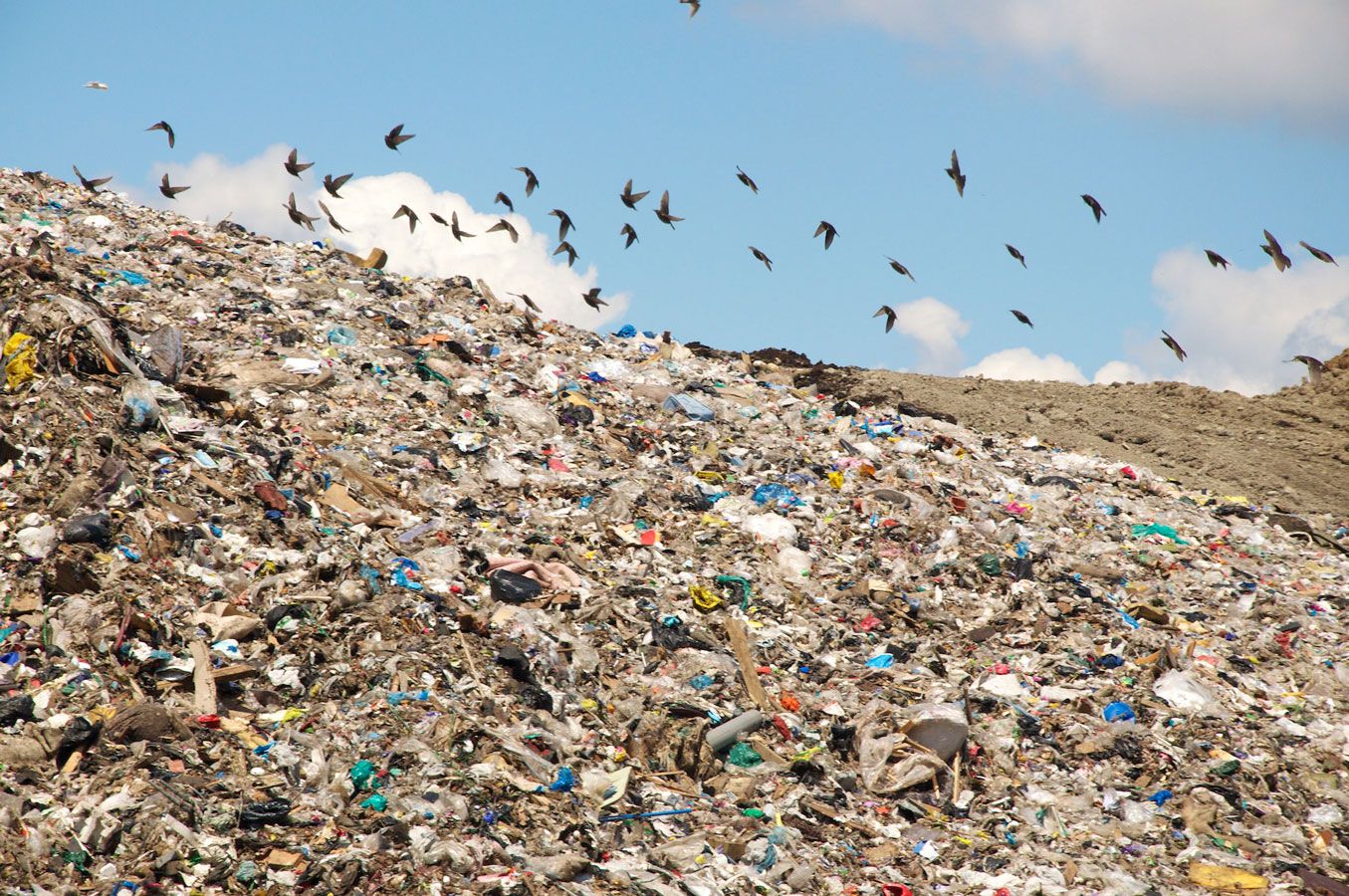The escalating crisis of municipal solid waste (MSW) generation poses a significant threat to the environment, human health, and the economy. As the global population continues to urbanize, the production of MSW is increasing at an alarming rate. According to the United Nations, MSW generation is predicted to grow from 2.1 billion tonnes in 2023 to 3.8 billion tonnes by 2050, and India being one of the most populous countries in the world, faces significant challenges in managing its municipal solid waste. India generates approximately 62 million tonnes of waste annually, with only 43 million tonnes being collected and a mere 12 million tonnes treated, while the rest ends up in landfills. The country’s urban municipal solid waste generation is expected to increase to 165 million tonnes by 2030 due to rapid urbanization and changing consumption patterns. This alarming surge in waste generation is not only a logistical challenge but also a pressing environmental concern, as landfills are rapidly reaching capacity, and the environmental impacts of waste disposal are becoming increasingly evident. The consequences of inaction will be far-reaching, with potential repercussions on public health, climate change, and the conservation of natural resources.
Indian Solid Waste Policy 2016 Overview
Recognizing the urgency of conserving landfill space and environment, in 2016 the Indian ministry released the Solid Waste Management (SWM) Rules, which replaced the Municipal Solid Waste (Management and Handling) Rules to improve waste collection, processing, and recycling, some of the Some of the key measures include the following:- Prohibiting Littering: Municipal authorities enforce strict prohibitions on littering to maintain cleanliness in urban areas. Measures such as house-to-house collection of waste through community bins, pre-scheduled pick-ups, and the use of musical bells in collection vehicles ensure organized waste collection.
- Specialized Waste Handling: Slums, office complexes, and markets generate diverse waste types. Municipal authorities focus on separating biodegradable waste, such as fruits, vegetables, and slaughterhouse remnants, for specialized processing. Medical and industrial wastes are segregated to follow separate regulatory guidelines.
- Construction and Bio-Waste Management: Construction debris and bio-waste from dairies are processed according to stringent regulations, ensuring sustainable disposal practices. Burning waste, which contributes to air pollution, is strictly prohibited.
Key Benefits of MSW Rules for Solid Waste Recycling Business
With the establishment of clear guidelines and frameworks, MSW recycling businesses have experienced significant relief, enabling them to focus on waste segregation, material recovery, and circular economy practices. This has fostered innovation in waste recycling technologies and encouraged the adoption of Alternative Fuels and Raw Materials (AFR) – such as Solid Recovered Fuel (SRF) and Refuse Derived Fuel (RDF) – which are pre-processed and utilized in co-processing by the cement industry and waste-to-energy plants, ultimately reducing CO2 emissions and enhancing waste management practices. Let’s examine some of the major benefits in detail:- Extended Producer Responsibility (EPR): Producers of packaging materials like plastic, tin, and glass are required to manage their products’ end-of-life environmentally. This creates opportunities for recycling businesses to collaborate with producers for waste collection and processing, thereby promoting a circular economy and reducing the environmental footprint of these materials.
- Integration of Informal Sector: The rules emphasize recognizing and integrating informal waste collectors and recyclers into the formal waste management system. This can be achieved by establishing a system to recognize organizations of waste pickers or informal waste collectors and promoting their participation in solid waste management.
- Financial Incentives: Subsidies and incentives are provided for waste-to-energy plants, which can indirectly benefit recycling businesses involved in supplying raw materials.
- Material Recovery Facilities (MRFs): The rules provide for setting up MRFs or secondary storage facilities with sufficient space for sorting recyclable materials. This enables informal or authorized waste pickers and waste collectors to separate recyclables from waste and provides easy access to waste pickers and recyclers for collection of segregated recyclable waste.
- Decentralized Processing: The SWM policy promote decentralized waste processing facilities close to waste generation sources. This can help reduce transportation costs and environmental impacts, making it beneficial for recycling businesses by enabling more efficient waste management, increasing recycling rates, and providing opportunities for localized waste-to-value solutions.
- Criteria for Duties regarding setting-up solid waste processing and treatment facility: The rules outline specific responsibilities for setting up and operating solid waste processing and treatment facilities. This includes obtaining necessary approvals, monitoring environmental standards, and submitting annual reports. This will help to ensure accountability and transparency to avoid any potential environmental hazards, legal liabilities, or reputational damage.
- Market Development for Compost: The MSW policy encourages the use of compost in agriculture and provide guidelines for its quality. This can benefit recycling businesses involved in organic waste processing by increasing demand for compost.
- Support for Innovation: The rules allow for the adoption of new technologies for waste processing and recycling, subject to approval by pollution control boards. This opens avenues for businesses to innovate and expand into emerging areas such as waste-to-energy solutions, advanced recycling techniques, and circular economy models.
- Mandatory Segregation: Waste generators are required to segregate waste at the source into biodegradable, non-biodegradable, and hazardous categories. This ensures a steady supply of clean, segregated recyclable materials for businesses without contamination or mixing, thereby enhancing the quality and efficiency of recycling processes and material recovery.
- Compliance and Authorizations: Recycling businesses can secure necessary permits and authorizations for waste processing facilities, enabling them to operate legally and leverage government resources and support.

